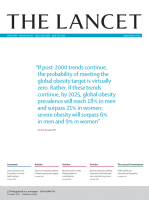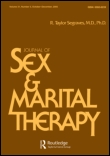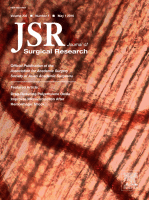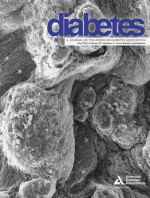
A journal has added expressions of concern (EOCs) to four papers about diabetes, including one co-authored by an author who previously sued a different journal when it took a similar action on his papers.
The Journal of Physiology flagged the papers after an investigation “could not rule out the possibility” that they contained duplicated Western blots. Though the three other papers do not include Mario Saad on their author list, he plays a role: The papers include blots duplicated from other papers of Saad’s. And they reveal that Saad may have published those blots multiple times in his own work.
The EOCs all start out with the same statement: Continue reading Researcher who unsuccessfully sued journal to stop retractions earns another expression of concern


 A team of biologists have earned a fifth retraction for a paper containing manipulated images, following an investigation by the Swedish government.
A team of biologists have earned a fifth retraction for a paper containing manipulated images, following an investigation by the Swedish government.
 Surgeon Paolo Macchiarini did not apply for the necessary ethics approval to perform the pioneering transplants he’s known for, according to the Swedish Research Council.
Surgeon Paolo Macchiarini did not apply for the necessary ethics approval to perform the pioneering transplants he’s known for, according to the Swedish Research Council.


